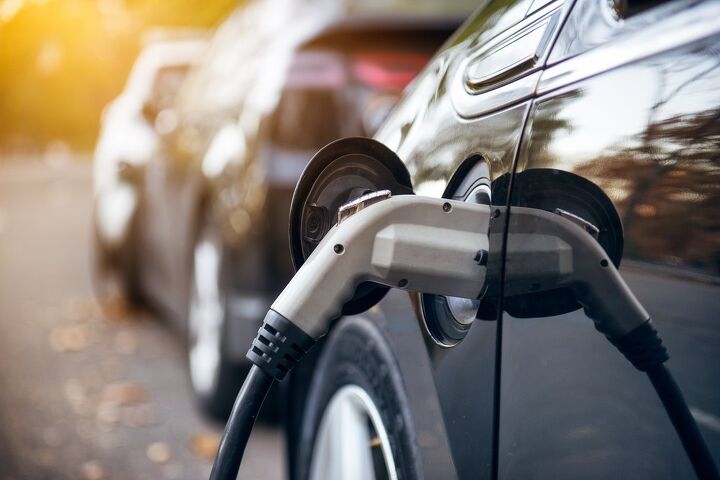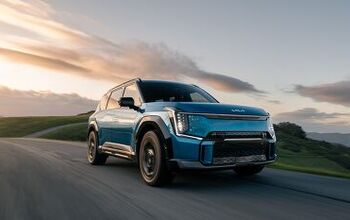Electric vs. Gasoline Cars: Uncovering the Real Climate Savior
Contrary to common misconceptions, electric vehicles (EVs) generally have a smaller carbon footprint compared to traditional gasoline cars. This advantage remains true even when considering the electricity utilized for charging EVs. One key distinction is that EVs produce no direct tailpipe emissions. However, the production of electricity for EV charging can result in carbon emissions, depending on the energy source.
The carbon pollution from electricity varies based on local energy production methods. For instance, electricity generated from coal or natural gas is associated with higher carbon emissions, while renewable sources like wind or solar energy contribute negligible carbon pollution. Despite the variance in electricity production methods, studies indicate that EVs are typically linked to lower greenhouse gas emissions than the average new gasoline vehicle.
The shift towards renewable energy sources further enhances the environmental benefits of EVs. As more renewable energy sources are integrated into the power grid, the overall greenhouse gas emissions associated with EVs can be further reduced. Notably, in 2020, renewable energy sources rose to become the second-most dominant source of electricity in the United States.
Tools to Measure Your EV's Environmental Impact
The Environmental Protection Agency (EPA) and the Department of Energy (DOE) offer valuable resources for assessing the environmental impact of EVs. The EPA's Power Profiler is an interactive tool that provides information about the electricity production mix in different regions. By entering a zip code, users can understand the specific energy sources powering their local area.
Additionally, the Beyond Tailpipe Emissions Calculator, developed by the EPA and DOE, is a user-friendly tool designed to estimate the greenhouse gas emissions from charging and driving an EV or a plug-in hybrid electric vehicle (PHEV). This tool allows users to select specific EV or PHEV models and input their zip code to compare the CO2 emissions from these vehicles with those from gasoline cars. These tools empower individuals to make informed decisions about the environmental impact of their transportation choices.
This article was co-written using AI and was then heavily edited and optimized by our editorial team.
More by TTAC Staff
Latest Car Reviews
Read moreLatest Product Reviews
Read moreRecent Comments
- Zerofoo Farley's blunder here is that the "Tesla and Apple people" are not a large enough market to support all the car companies that want to sell EVs. Chinese manufacturers alone could meet the demand of that market entirely without western companies at all.Farley's must accept that many people don't want an EV at ANY price. EVs, even with advanced battery chemistries, still require long charging times and when the battery is dead there is an unavoidable charging interval before you can get going again.Liquid fueled cars simply do not have these limitations, are readily available and affordable, and have vast aftermarket parts and maintenance support. This mix of convenience and support may never exist for EVs.If I could run my mobile phone and laptop on liquid fuels I probably would. Battery power, in many products, feels like a step backward.
- Theflyersfan I'm in the camp of that not all speed kills, but extreme speed differential kills. On a long drive, I can fall into a groove with long haul traffic going 75-80 in a 70 to 75 mph zone. No driving crazy or dangerous. What causes many wrecks in those situations are those going 50 in the left lane (way too common here), scared mergers entering at 40 mph, semis blocking multiple lanes, and unsafe drivers not using lights or driving unsafe cars. I also think the rise of 500 hp, 6,000 pound SUVs have dulled people into not realizing how quickly they are moving. It's almost like cruising at 38,000 feet if the SUV is comfortable. 85 mph in that is nothing until sudden braking or swerving is needed. Then Newton's laws take over. Compare that to a 2,300 lb MX-5 a few inches off of the ground. When you go 80, you know it. The engine and noise remind you! And you respect the speed a bit more.So I'm against speed limiters. I'm for much stronger enforcement and education and graduated licensing.
- Srd275 Enough of the nanny state
- 28-Cars-Later I realize it would be rewarding failure but could we force the legislatures and Congress critters to only work for six months out of the year to limit the damage and overall level of stupidity released?
- Dartman In the heads up display of my BMW it displays the speed limit of the road I’m on and if I exceed it it shows my current speed in red. Not obtrusive at all and useful. Not hard at all to ignore like on the freeway where the average speed is 75 but the limit is 65. Much ado about nothing . Speed limiters would be a different matter.


































Comments
Join the conversation